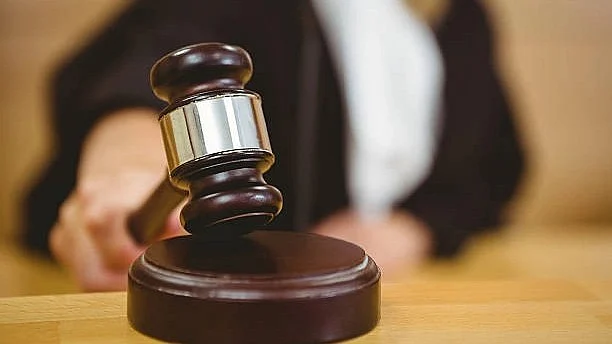Herald View: Two Verdicts of Hope
Two recent Supreme Court judgements—on making (Eknath) Shinde the Maharastra CM and on the Delhi govt. vs Lt. Governor dispute—remind us of lines of power in federalism

The Supreme Court recently delivered two judgements that shine a faint light in this dark hour for our democracy, when all other institutions, designed to be watchful counterpoising weights against an overreaching Executive, are either hopelessly weakened or hibernating or dead. In a unanimous judgement on 11 May, a five-judge Constitution bench of the Supreme Court held the appointment last year of Eknath Shinde as the Maharashtra chief minister to be illegal and the governor’s conduct in calling for a floor test unconstitutional. The bench held that the then Maharashtra governor Bhagat Singh Koshyari had no material basis to determine that the then chief minister had lost majority support in the House and thus call for a floor test. The assembly was not in session and the governor had no objective material to determine that the government had lost its majority. The governor relied upon a resolution by a few MLAs expressing dissatisfaction with the government and a letter in which some MLAs expressed their inability to continue in a ‘corrupt’ government. Neither the resolution nor the letter said anything about withdrawing support, or plans to resign from the assembly in protest or to merge with another party. It was a party dispute that needed to be settled by the party in accordance with its constitution. Jumping into the political arena and trying to settle a party dispute by taking recourse to a floor test was unconstitutional and beyond the remit of the governor. Indeed, it was for the Election Commission to decide which was the ‘real’ Shiv Sena and not for the governor, the legislature or the Speaker. The bench also held that the leader of the legislature party and the party whip are appointed by the party concerned and, therefore, the Speaker of the assembly erred in recognising Eknath Shinde as the leader of the Shiv Sena without ascertaining whether he had the backing of the party. The bench also observed that since Mr Thackeray had voluntarily resigned before facing the trust vote, the court cannot quash the resignation or restore him as chief minister. The Constitution bench, however, chose to ignore the fact that a vacation bench of the Supreme Court itself had allowed the floor test and allowed more time to the rebel MLAs to reply to the notice of disqualification. Ironically, what the vacation bench had found to be perfectly legal, constitutional and in order last year has now been found by the Constitution bench to be illegal. The lack of consistency, of late, in Supreme Court judgements is of concern, not the least because it confounds the judiciary itself, besides litigants and lawyers. It is worse than bizarre that Eknath Shinde, who was appointed illegally, continues to be the chief minister of the state while Uddhav Thackeray, who resigned because of a Supreme Court order, is out of the office that is legitimately his. Nobody misses the detail that the government that came in as a result features a party whose machinations to overthrow elected governments are well known; they even have a name—we’ve all heard of ‘Operation Kamal/ Lotus’.
In another unanimous judgement, a Constitution bench, while settling the festering dispute between the Delhi government and the lieutenant governor of Delhi over control of officers, ruled in favour of the elected government. It is the Government of the National Capital Territory of Delhi (GNCTD)—and not the lieutenant-governor or the Union of India—that must exercise control over the bureaucracy, except in areas of public order, land and police, on which the GNCTD cannot legislate, the bench ruled. It held that if the ministers are expected to formulate policies and to be held accountable for their execution, the bureaucrats cannot be insulated from their control. Such an arrangement would, then, dilute accountability and affect governance. The bench also observed that the administration of the state cannot be taken over by the Union government and the real power of administration must lie with the elected government. Apart from the way the judgement picks out a painful thorn in the flesh of the Delhi government, it serves the larger purpose of underlining principles of federalism that sit at the heart of our national covenant—our Constitution that sees India as a ‘Union of states’. The judgement redraws boundaries between the Centre and the states, it pushes back against a grasping, expansionist Centre that wants to concentrate powers in the hands of a strongman dictator.
Follow us on: Facebook, Twitter, Google News, Instagram
Join our official telegram channel (@nationalherald) and stay updated with the latest headlines
